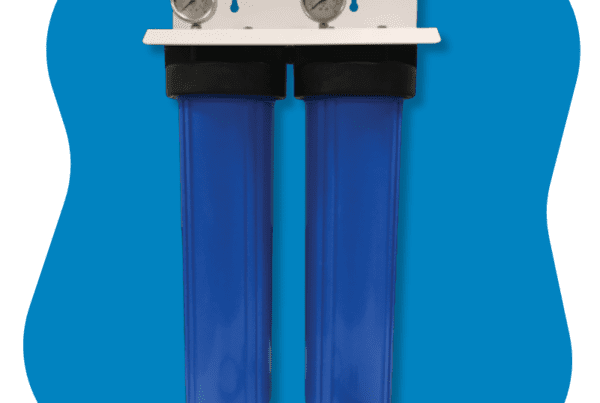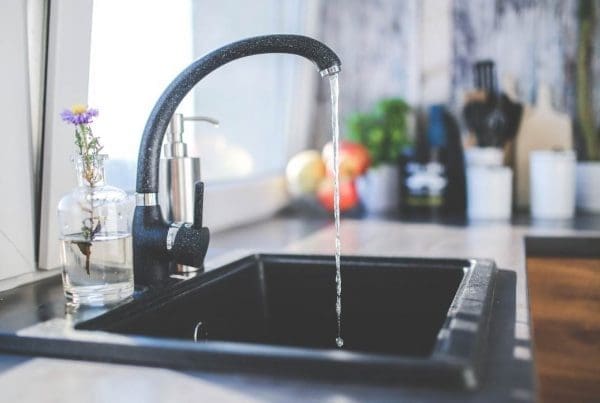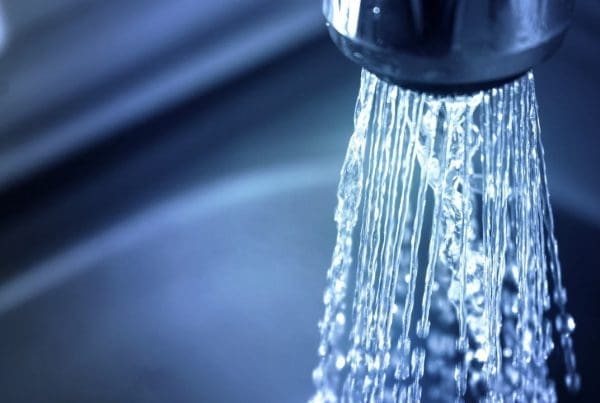Water Quality Testing: What You Should Know
Does your drinking water have an odd taste to it? Are you prone to illness or digestive issues without any evident causes? Have you ever considered doing water quality testing? Water is a necessity for life, and as such, that necessarily needs to be protected. Water testing will uncover any harmful substances in your water supply and may give insight into any health issues that you are experiencing.
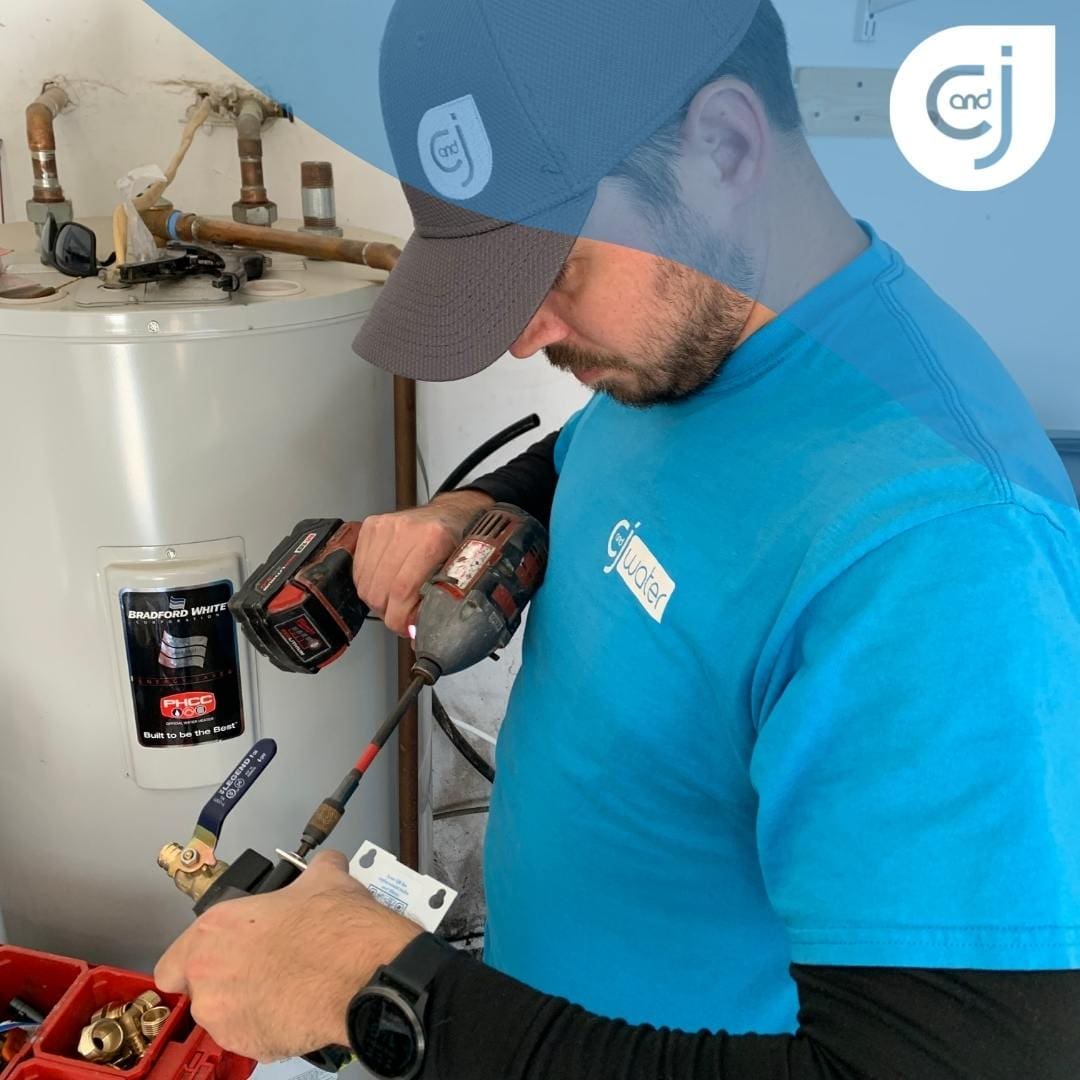 However, despite the importance of water quality testing, many tend to overlook testing until the damage has been done. Tiny microorganisms and substances that naturally get into a water supply may be detrimental to a person’s health. Many substances can cause digestive issues, illness, and (in some severe cases) death.
However, despite the importance of water quality testing, many tend to overlook testing until the damage has been done. Tiny microorganisms and substances that naturally get into a water supply may be detrimental to a person’s health. Many substances can cause digestive issues, illness, and (in some severe cases) death.
The most common water quality issues include eliminated ph and chlorine levels, high levels of Nitrates. Bacterial contamination is widely spread among private well supplies. Some contaminants are present in water even if it had been boiled. Boiling is usually effective in treating the bacteria but such chemicals as lead in water will hardly evaporate after boiling.
Benefits of Water Testing
The first benefit is that it offers peace of mind. You’ll know for sure if there’s anything wrong with your water and its quality without a doubt. Then, you can either relax or address the issue that was found with the test. Having your water tested privately will cover a wide range of contaminants in your water. Every water treatment plant has different standards and tests that they run. By having your water tested yourself, you’ll know that a comprehensive analysis has been done on your water’s quality.
Contaminants in the water could be behind health concerns that you have. For instance, you may have problems with your skin, such as dryness, itchiness, or even rashes. You may have issues with your scalp, or your hair always feels dirty. It’s easy to assume that it’s from the weather, not drinking enough water, or just the way your body is. But, it could be from the water that you’re showering with during your daily routine. Hard water can be an underlying cause of your skin condition, and knowing this can help you address that root problem. Hard water doesn’t thoroughly rinse you off during a shower as soft water will.
Initial Testing
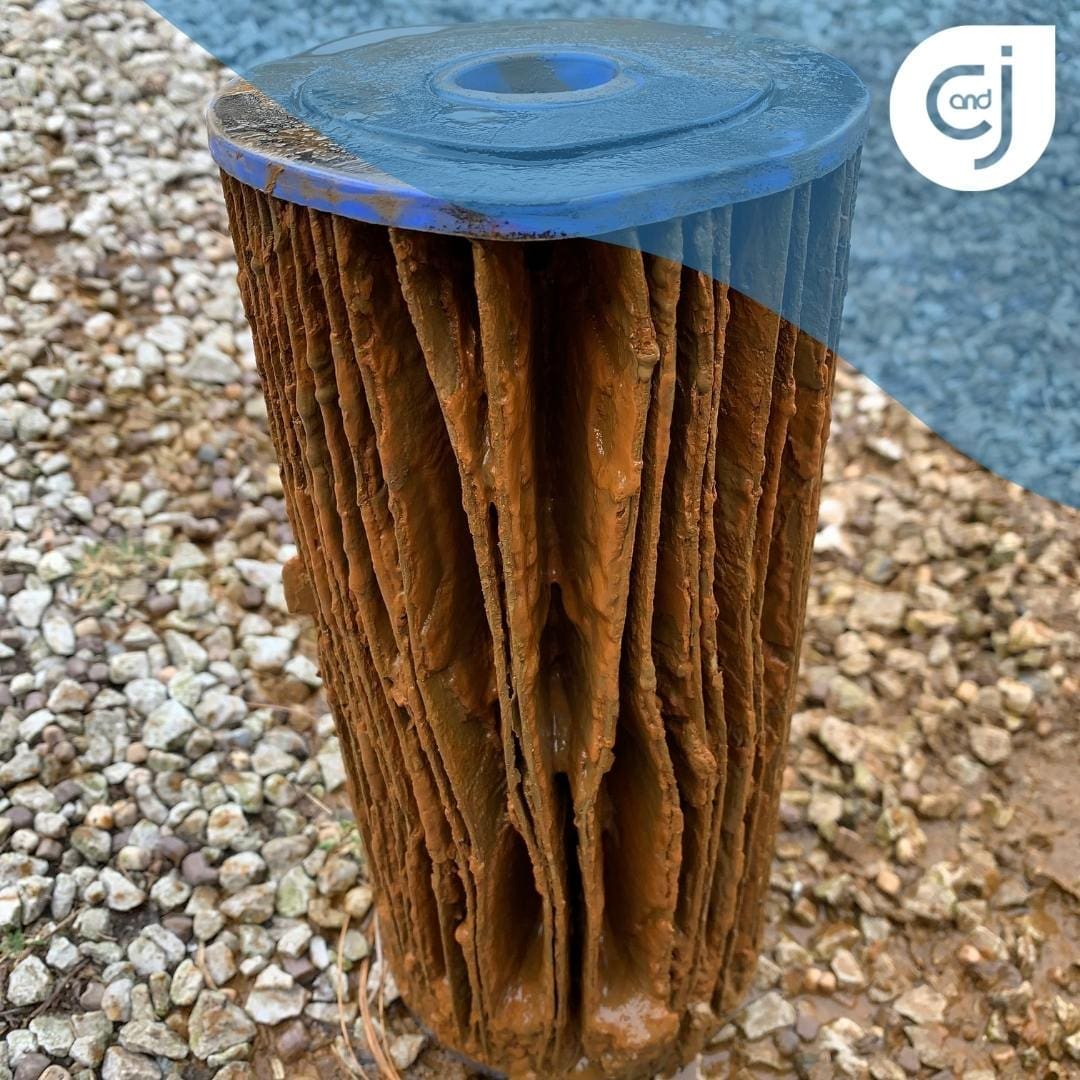 Those who have only recently installed their water well might be curious as to why they have to do it in the first place – especially when it’s a brand new well. New wells need to be tested before they are used in order to identify pre-existing problems and make sure the water is suitable for whatever it will be used for (drinking, watering plants, etc.) Initial testing also lets you track changes over time so you can determine the best water quality testing plan for your unique environment. This enables you to properly judge the effectiveness of your treatment plan.
Those who have only recently installed their water well might be curious as to why they have to do it in the first place – especially when it’s a brand new well. New wells need to be tested before they are used in order to identify pre-existing problems and make sure the water is suitable for whatever it will be used for (drinking, watering plants, etc.) Initial testing also lets you track changes over time so you can determine the best water quality testing plan for your unique environment. This enables you to properly judge the effectiveness of your treatment plan.
While professional water well companies will know how to test your water, it’s important to learn the basics for yourself. Water potability testing looks for coliform bacteria, improper pH, sodium, chloride nitrates, sulfate, manganese, iron, water hardness, and the total dissolved solids in the water. Coliform bacteria are microorganisms that are harmful to human health. High nitrate concentrations restrict your blood’s ability to carry oxygen. Sodium, chloride, iron, sulfate, manganese, and other dissolved solids can make your water taste and smell bad. Sulfates can act as laxatives or irritate your gastrointestinal system. Additional testing for uranium, arsenic, and selenium may also be required depending on where the well is.
Additional Testing
Going beyond initial testing – regular water quality testing helps ensure the health and safety of anyone using the well. The most common practice is to undergo water quality testing at least once a year. The EPA recommends yearly tests for total coliform bacteria, nitrates, total dissolved solids, and pH levels. In addition, consumers should check with the local health department to see if there are other common local contaminants that should be checked. Some states may mandate testing for certain contaminants, according to the National Groundwater Association (NGWA).
Consult a professional to find out the best testing frequency for your specific well size. Also, make sure the water is tested in both the well and at the tap for drinking water. This way, you know the water isn’t getting contaminated while traveling through plumbing. You might need to test more often if your home includes higher-risk populations such as small children, elderly adults, or pregnant or nursing women, and the EPA recommends immediate testing if there are known problems with groundwater in your area, you’ve had flooding or other disruptions, you have repaired or replaced any part of your system, or you notice a change in your water’s color, odor or taste.
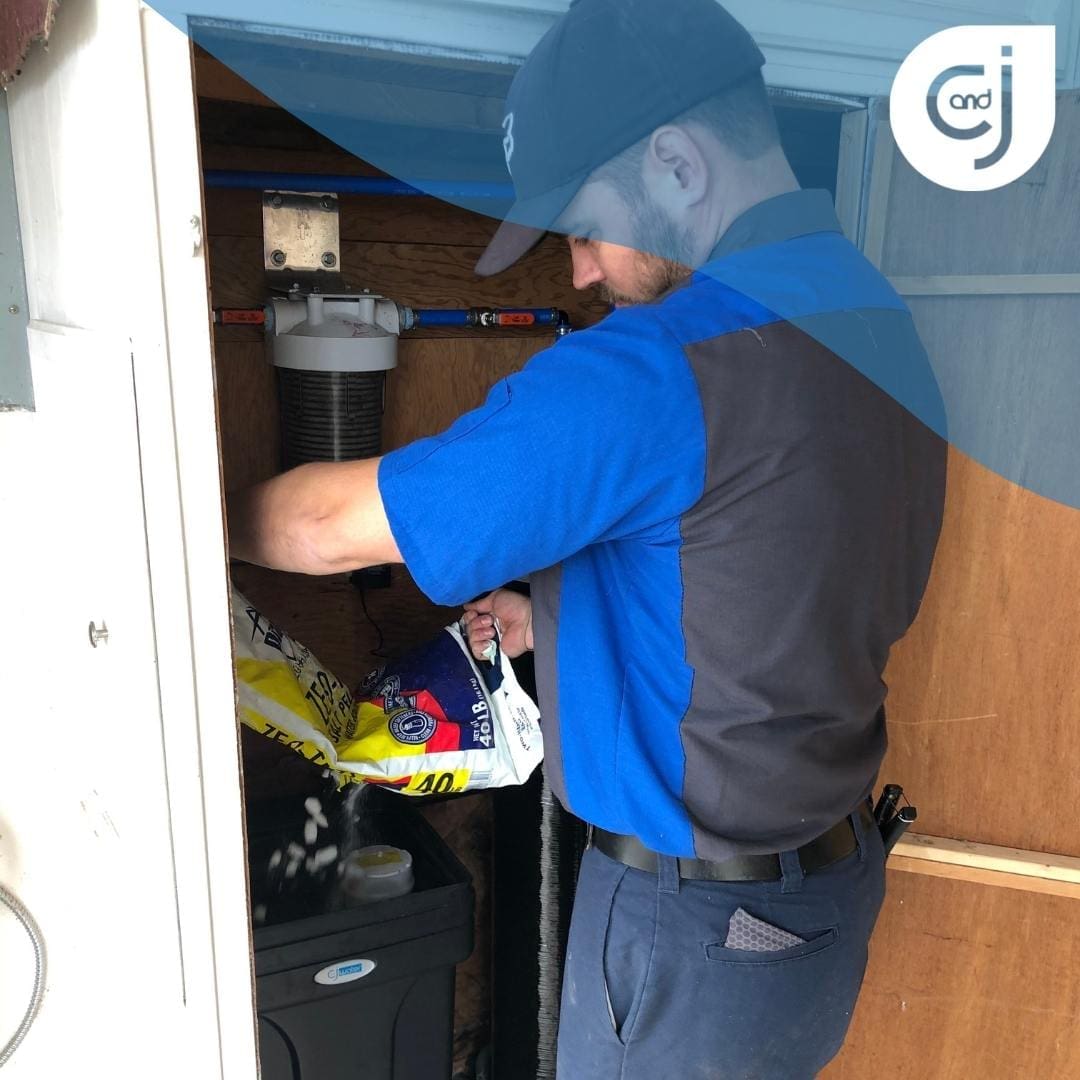 Water Testing From C and J Water
Water Testing From C and J Water
C and J Water provides quality water at affordable prices to Central Indiana residents. Certified Water Specialists work to solve water issues with the best treatment solutions for your home. We will come to your home and provide an analysis of your city or rural water and answer any questions you may have. Your visit will take 30 – 45 minutes and will be scheduled at a time that’s right for you. With our winter special, getting quality water for your family is now more affordable than ever. It offers additional testing beyond our free water analysis. The water analysis is still included, but we’ve added testing for bacteria, a check of your water treatment equipment, a whole house filter change (restrictions may apply), and even two bags of premium softener salt—all for $150! This is a $250 value and you can also add a complete reverse osmosis filter change for $25 while we are on site. We test for water hardness, chlorine, iron, and other minerals. Our experts will explain your results in detail and suggest the best solutions for your water problems. We also have more stringent water testing available upon request. Water testing is available and recommended for both well and city water.
If you are interested in testing the water quality at your home or have any other questions about how to get the best water for your family, give us a call today!


